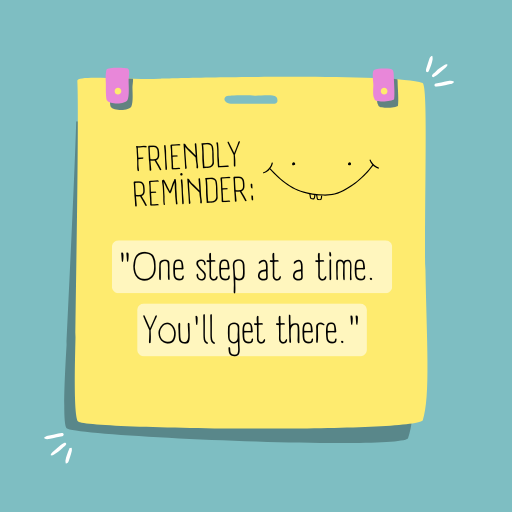Welcome Year 7s
School life contains many spaces designed for teaching and learning: the obvious one is the classroom, but how you arrive and leave the room is also worth consideration. This includes thinking about the road you took to get to school, the ‘play areas’ you occupy at recess and lunch, the canteen and other specialist spaces. There are also right and wrong ways to arrive, use, and depart from different spaces.
So, let’s begin by ‘playing’ with the metaphors around entrances and exits, coming and going. It is no coincidence that the issues around such movements in school (and life) are related to self-management and other socially valued practices.

At the classroom door
Leaving home and travelling to school can be momentous. The activities we explore on the theme of entering a classroom can be as ordinary as the every day ways you get to school. They can also be like those life-changing journeys that are full of excitement or fear. This is because they expose our attitudes, beliefs, values, and expectations as to why we took the journey in the first place. Therefore, moving between leaving home and arriving at school can influence us for the rest of our lives.

Exit, Pursued By A Bear
Knowing when to stop doing a particular activity or action is an excellent skill. Sometimes, the ending is a ‘given’, for instance, you know the length of a game of sport, the time that ends the school day. At other times, the time needs to be ‘beaten’ so that you make the most out of a situation. Still, in different situations, you only have your judgment to know how to finish well. You might be stranded somewhere, and you want go home, or, you might be in a hostile place and need to exit safely. How will you manage?

Making Sense?
Other themes related to making an entrance or exiting a particular location bring you closer to understanding the values and customs of a place. For instance, it can make you aware of whether or not you’re in a public or private space. Consequently, you have to be then choose to use appropriate behaviours to suit the occasion. You might also have to judge whether the situation is formal or informal. All this complexity is a mark of your growing maturity

What Nonsense!
Another aspect of making an entrance or exit is that it puts you in touch with the many possibilities for mistakes that arise because you’re only human! Misreading situations, overlooking things and tripping up on what you should say or do is, in fact, an inevitable part of belonging to a vast, socially complex world. Consequently, it’s a good idea to understand how humour and laughter allow you to handle the foolishness in yourself and others. Can you laugh at yourself? Can you feel a bit of empathy when someone else makes mistakes?